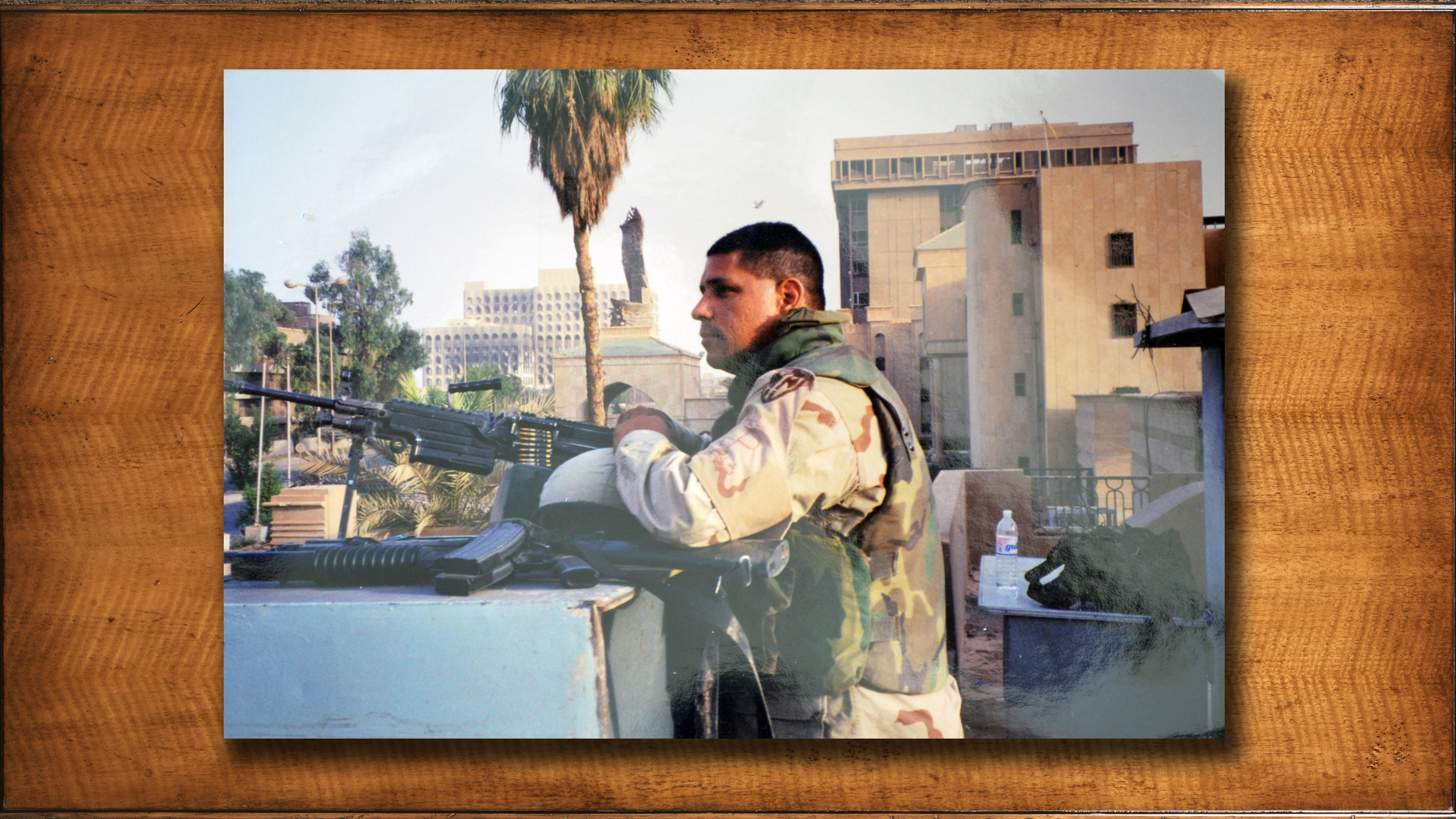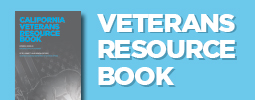Dr. Charles Marmar, Chairman of Psychiatry, Director of the veterans’ center at New York University Langone Medical Center, and lead author of a new study on the Post Traumatic Stress Disorder (PTSD) of Vietnam Veterans.
 The study reveals that more than one in ten Vietnam Veterans still suffer from PTSD more than forty years later and one third of those afflicted with PTSD have extensive issues with depression.
The study reveals that more than one in ten Vietnam Veterans still suffer from PTSD more than forty years later and one third of those afflicted with PTSD have extensive issues with depression.
Most of the Vietnam Veterans are now in the sixties and seventies. Aging, health problems and the age-related slowing that most people have to deal with seem to heighten PTSD.
 The study group contacted 1,450 Vietnam Veterans who had participated in a 1980’s study that gauged their quality of life in the decade after the Vietnam conflict. The researchers found that about 12 percent of men and 8.5 percent of women were afflicted with some form of PTSD.
The study group contacted 1,450 Vietnam Veterans who had participated in a 1980’s study that gauged their quality of life in the decade after the Vietnam conflict. The researchers found that about 12 percent of men and 8.5 percent of women were afflicted with some form of PTSD.
The research team found that the need to treat, not only, PTSD, but sub-threshold PTSD is crucial. Sub-threshold PTSD is a form of PTSD that can impair daily life while not being classified as full PTSD.
Dr. Alan Peterson, a psychologist at the University of Texas Health Science Center in San Antonio who specializes in combat-related PTSD said, “For some Vietnam veterans, PTSD may be particularly acute because they lacked social support when they returned home from war. Our nation turned its back on many of our Vietnam veterans after they were involuntarily drafted into service. It has been a long and uphill road to recovery for many of them.”
Dr. Charles Hoge, a senior scientist at Walter Reed Army Institute of Research said, “The most important take-home message for Vietnam veterans is that there are many more treatment options available now than when they returned from Vietnam, and it’s never too late to receive treatment.”








